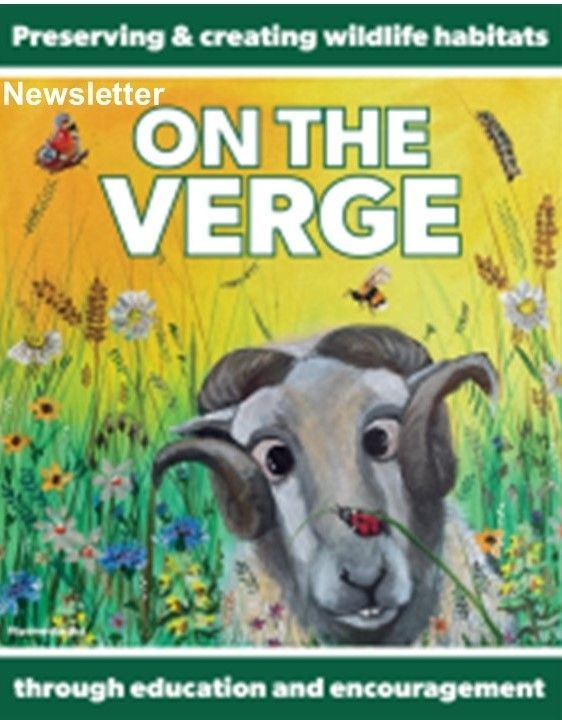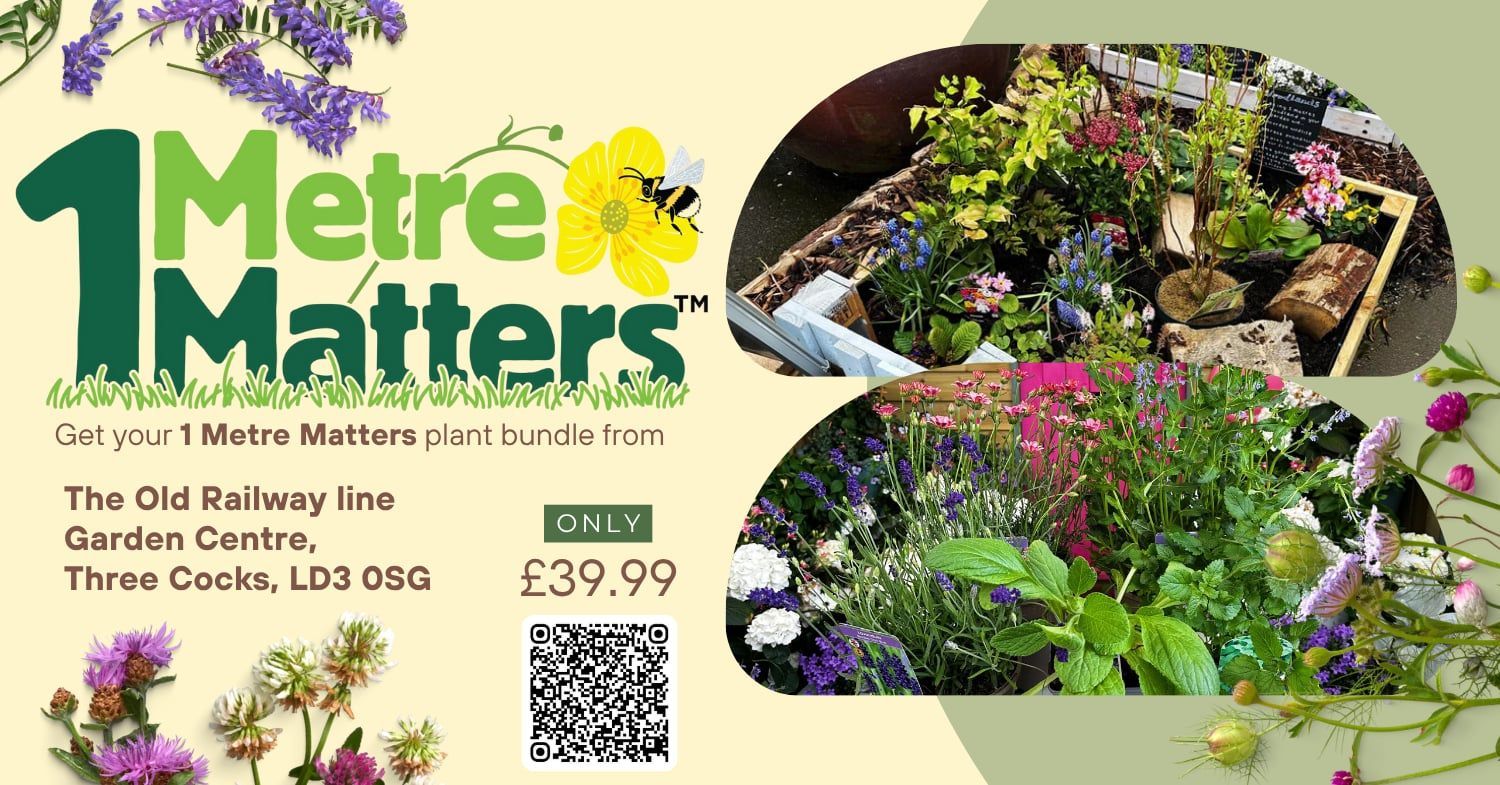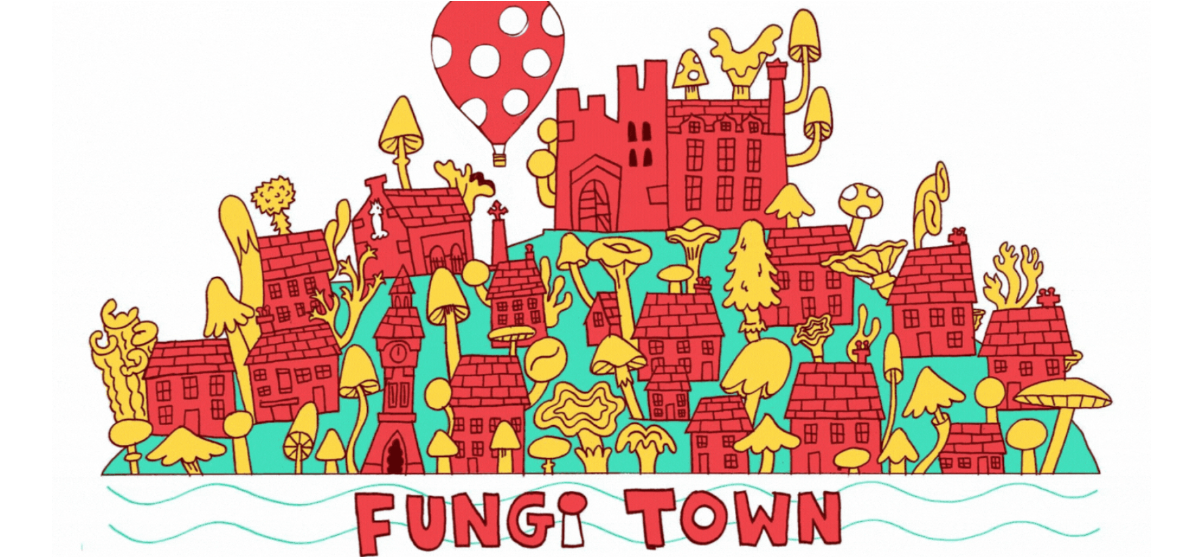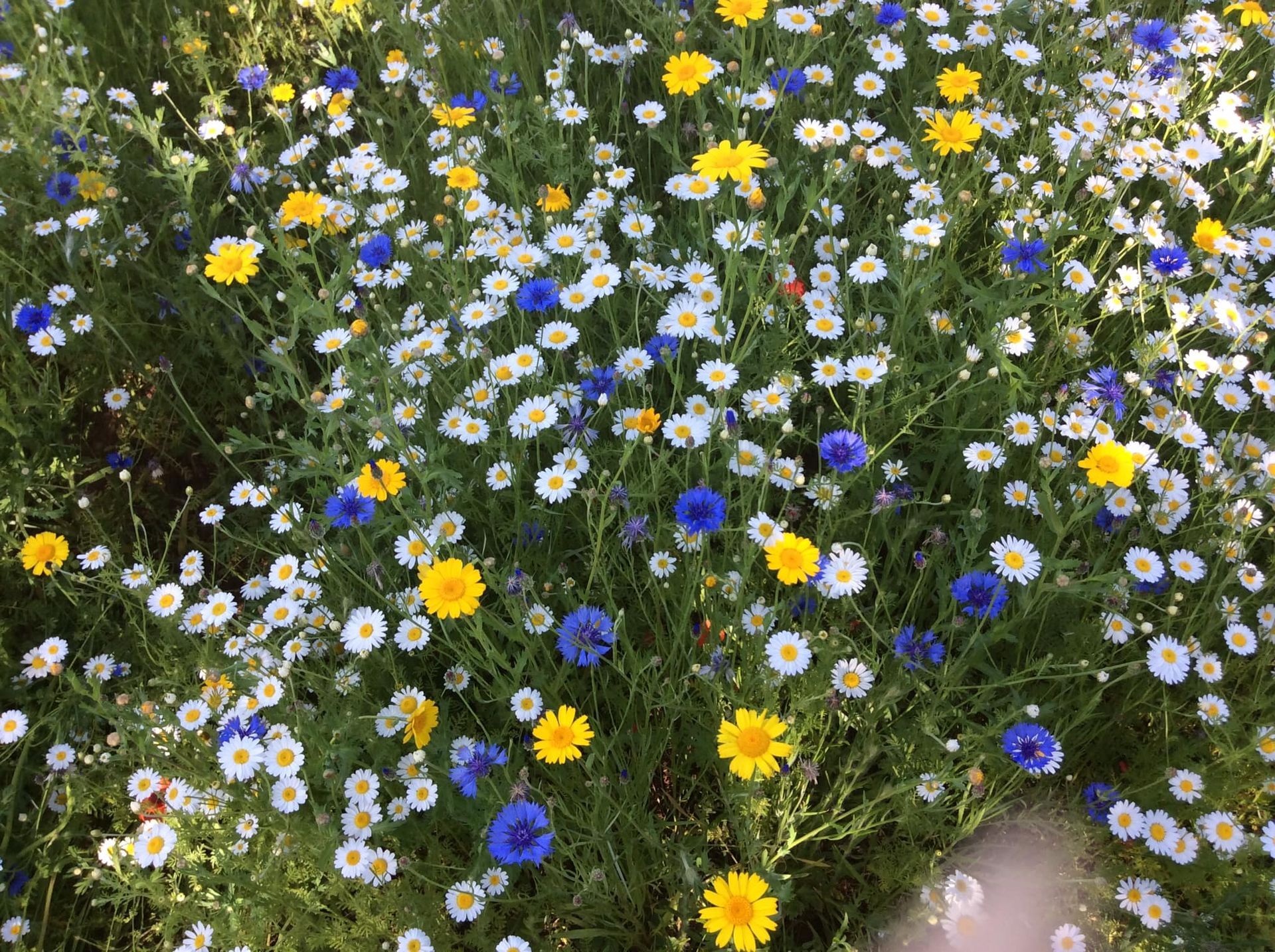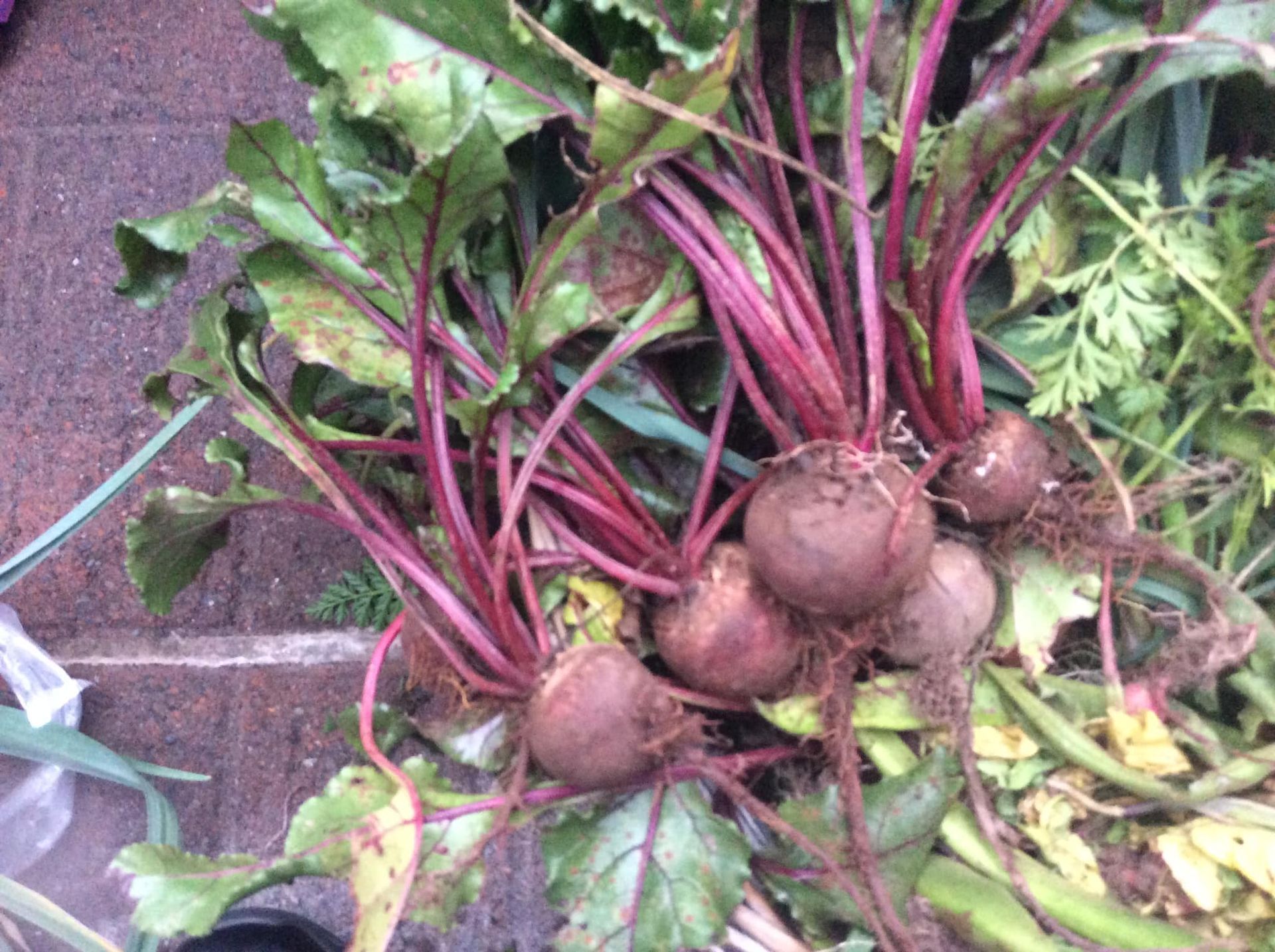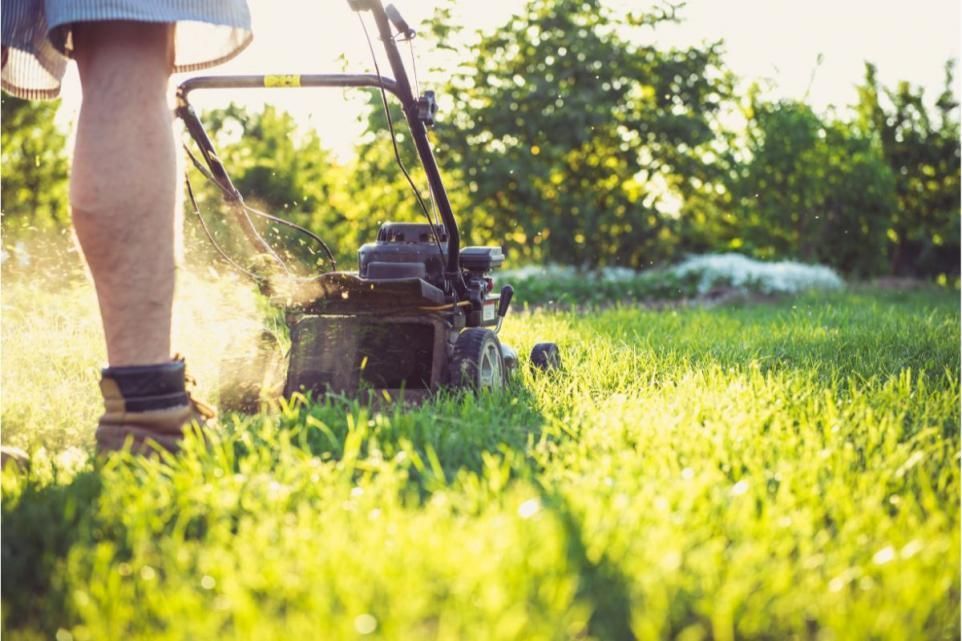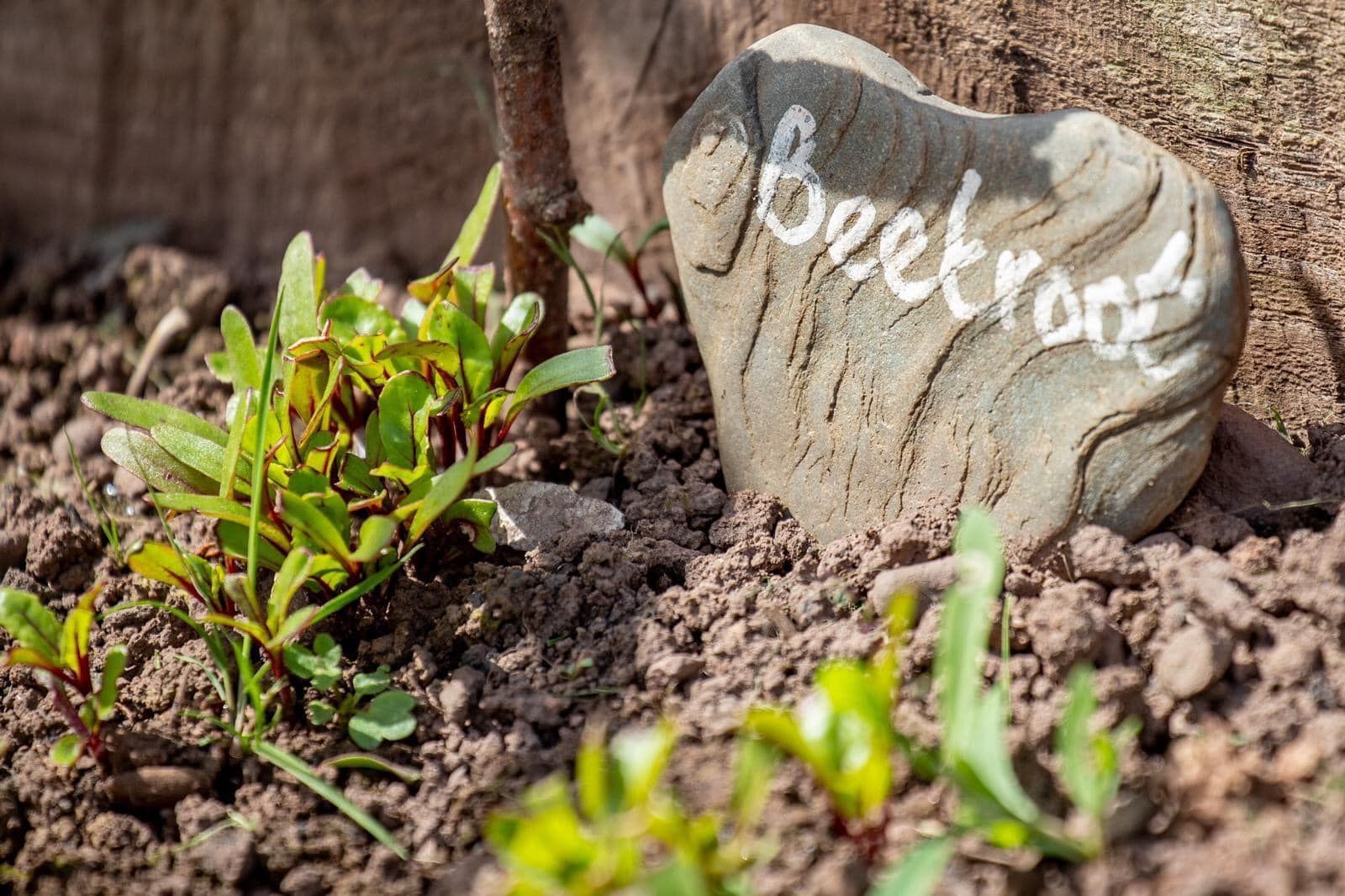11 April 2025
Worms and the ecosystem
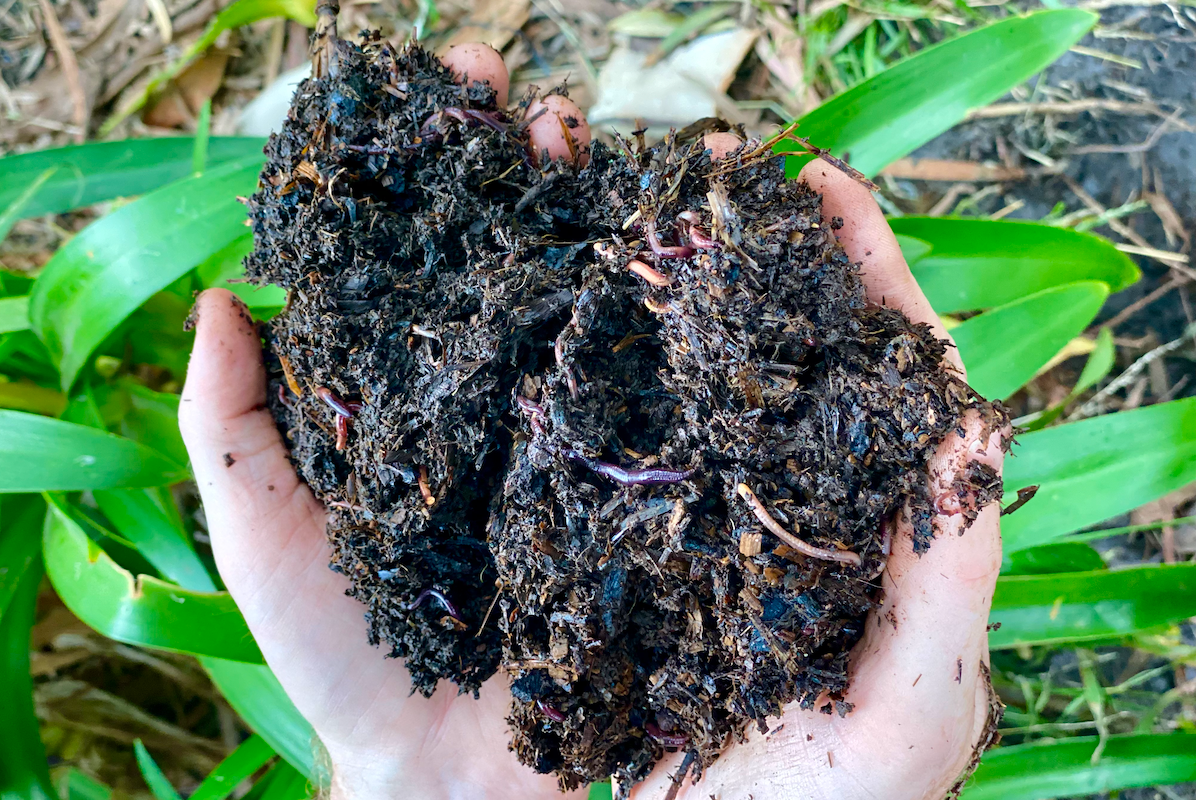
Worms are the foundations of this earth – literally. Worms do the hard work in your garden – in one acre of land alone there can be more than one million worms, helping to dig over the soil and provide nutrients to the ground.
Like us, worms move, eat, sleep, taste, smell and can sense touch. Although they have only 302 neurons (compared with our 100 billion), they are surprisingly clever. They use many different smells and tastes to find good food and avoid food that will make them sick.
Compost vs Worm Castings
Worm castings and compost are different organic materials that offer similar benefits to soil and plant growth. Both compost and castings are rich in nutrients, minerals, and microbial activity that help plants thrive, but worm castings also include beneficial bacteria and enzymes that come from worms’ highly specialized digestive process. Quality compost and worm castings are both great additions to soils, plants, and gardens.
Peat-free compost has environmental benefits, as reducing our dependence on peat means we are not harvesting peat beds and destroying important habitats. However, the peat contains all the beneficial stuff plants need to thrive - and it's good at holding moisture too.
So, without peat, what is our compost being made from? It is primarily woodchip and coconut coir, meaning it provides next to ZERO nutritional benefit for our plants and is not prepopulated with all the beneficial bacteria and fungi either. It has a poor structure, so water goes straight through it, along with any nutrient plant feed in the water. So, although peat-free compost may contribute to saving the planet, it is not nearly as good at growing plants. You may have already noticed this yourself!
A local small business who are focussed on worm castings is Nourished Earth - a name picked to illustrate their goal of regenerating soil, creating a better ecosystem for our plants, the planet and ourselves. We love their ethos.
Their worm cast compost and worm tea are made naturally from the on-site worm farm, along with their biochar. They add this to compost to grow plants, trees and soft fruit bushes.
Nourished Earth started in 2025 and is a small natural plant nursery with a worm farm producing worm cast, composting worms, worm tea and biochar. They believe that healthy plants begin with the soil, so if the plant has what it needs underground, it will be a healthy and disease-resistant plant on top. Their plants are grown in living soil, infused with their own worm cast and fertilised with their own worm tea, infused with billions of living beneficial bacteria, microbes and fungi that nourish, protect and care for the plants as well as the soil. Therefore, when you plant one of their plants in your garden, be it in bigger pots, raised beds, or just in a special spot - all that life contained in their compost will spread through your soil, regenerating your soil and giving additional plants a better environment to grow in.
What are Earthworm Castings?
Worm castings, also known as vermicast, are the nutrient-rich excrement of earthworms. These tiny, squirmy powerhouses eat organic materials like food and garden waste, process it through a highly specialized digestive tract, and convert the waste into a form that is easily absorbed by plants.
This process is the result of 500 million years of evolution, so it’s safe to say worms and their castings have a symbiotic relationship that can help your plants thrive!
Worm castings are often called a fertilizer but they are really a natural soil amendment. Due to their rich, concentrated levels of nutrients, minerals, and beneficial microbes like fungi and bacteria, castings add essential elements for a healthy soil and also create conditions that can lead to more beneficial microbial activity in the areas surrounding a plant’s root system.
Can I make my own Worm Farm?
If you make your own worm farm you can convert your organic waste into fresh useful compost at home.
Worms may not be the cuddliest pet, but they are one of the most useful. Worms are cheap, easy to take care of, and they eat most of the things you don’t want to eat.
Better yet, they turn it into top-notch fertilizer for your garden.
Why worms?
If you’ve never had worms, you’re probably wondering why worms? Well if your household produces far more food waste than garden waste, then a worm farm is a great composting option for you.
Types of worm farms:
There are lots of different worm farms available. You can buy a ready made worm bin or make your own. The Working Worms website is dedicated to all fellow worm enthusiasts around the world – to both the beginner in vermiculture and also to the old hand at worm farming including how to set up a cheap, easily assembled DIY worm farm and then successfully establishing the wriggly darlings in their own little paradise and keeping them healthy.
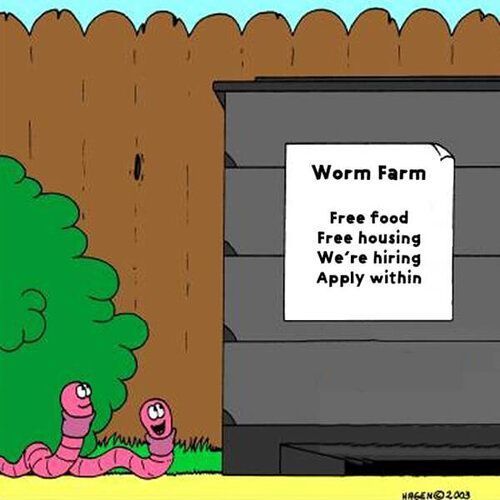
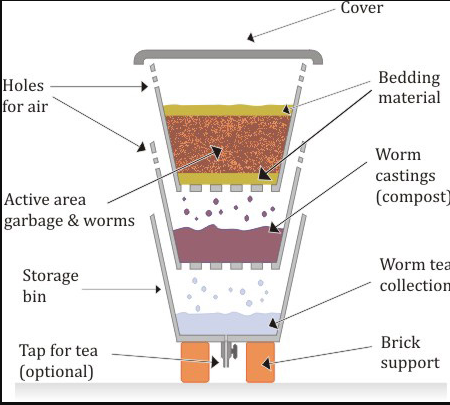
Fun facts about worms
An important part of the ecosystem
Earthworms love to eat scraps from plants and soil. They turn the scraps into nutrients and minerals in their stomach and concentrate them in their castings. This means the nutrients and minerals are easily accessible by plants.
Worms have been around for longer than dinosaurs
The oldest record of the existence of worms are fossils of the annelid worm. This fossil was found in what is now China and is estimated to be around 514 million years old! This is more than double the existence of dinosaurs who were first thought to have existed around 252 million years ago.
Worms have five hearts and are cold blooded
Worms have five hearts, shaped like arches. These arches help pump blood through the worm's body – a pretty simple task due to its shape.
Worms are cold blooded, meaning they can't control their body temperature, which will be the same as their surroundings.
Worms do not have teeth
Worms have no teeth, so instead they have muscly mouths. They grind the food they eat in their gizzard (their stomach) which they digest and eject.
Worms don’t have eyes
Instead of eyes, worms have receptors under their skin that sense whether it is light or dark. Worms prefer to be in the dark as it helps keep their skin moist. If a worm spends more than an hour in sunlight, its skin will lose its moisture and it risks becoming paralysed (or worse!). Worms are very sensitive to light because the sun dries out their skin, which is very bad news for a worm because they need their skin to stay moist so they can breathe!
6000 different species
Worms are found all over the world except for in Antarctica. They live in a large variety of habitats such as soil, leaves, riverbanks, beaches and even trees. They range in size from being .5mm to 3m.
A worm expert is called a vermiculturist
Vermiculturists study worms and their properties, often looking at how worms help with the composting of scraps and how worms eat, digest, and move.
Worms are not born.
They hatch from cocoons smaller than a grain of rice.
Charles Darwin spent 39 years studying worms more than 100 years ago.
Worms can live up to 5 years.
The average life of a worm is 4-5 years.
The myth is not true.
The myth of both parts of a worm surviving when it has been cut in two is not true, only the part with the head attached will survive.
Watery Worms
Humans are 75% water. Worms are 90% water.
Earthworms are armless and legless.
A worm’s body is divided into about 100 tiny segments and each segment has muscles that the worm can contract or relax to help it move.
Worms eat up to a third of their body weight every day.
There are trillions of worms over the whole planet
We don’t know for sure, but scientists have estimated there are more worms on (or in?) the earth than there are stars in the universe! So that’s many trillions of worms wriggling through the soil all over the world.

